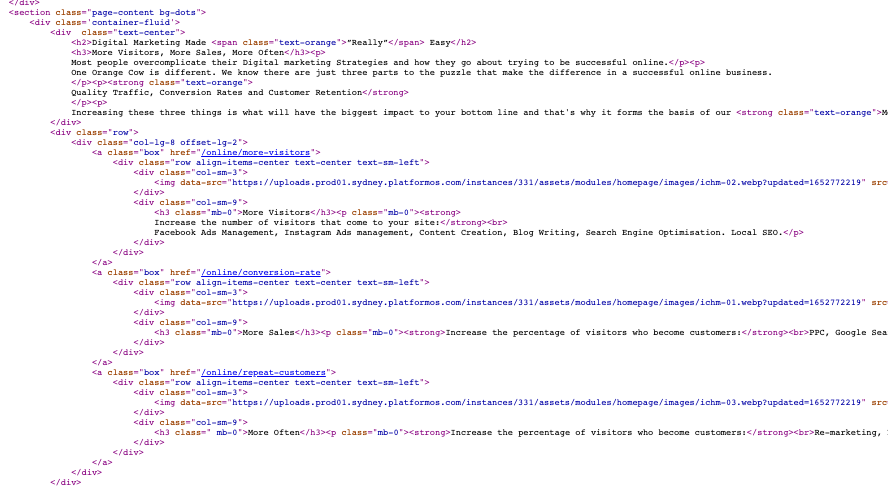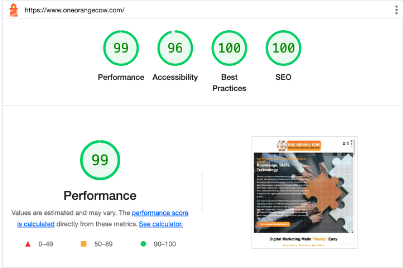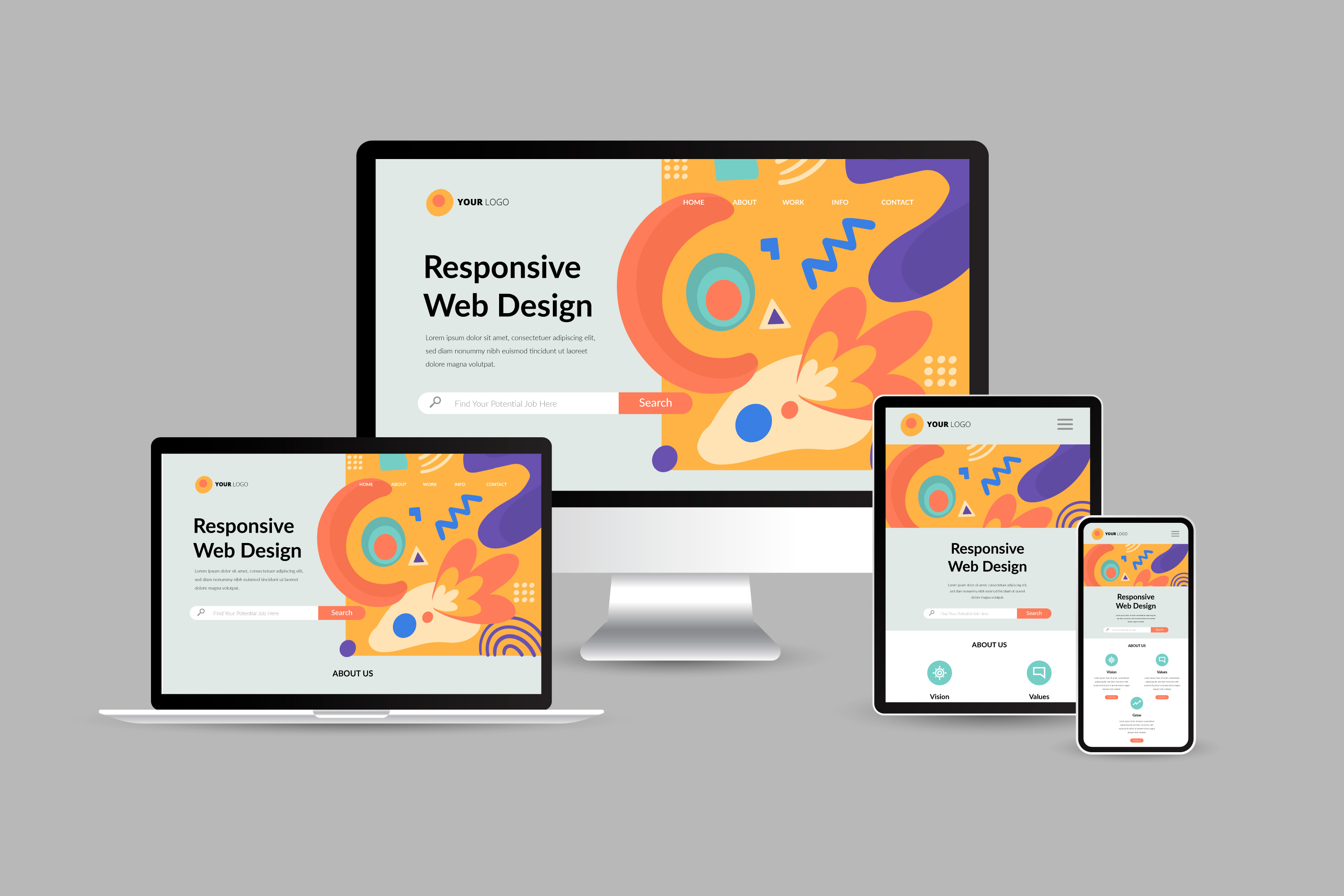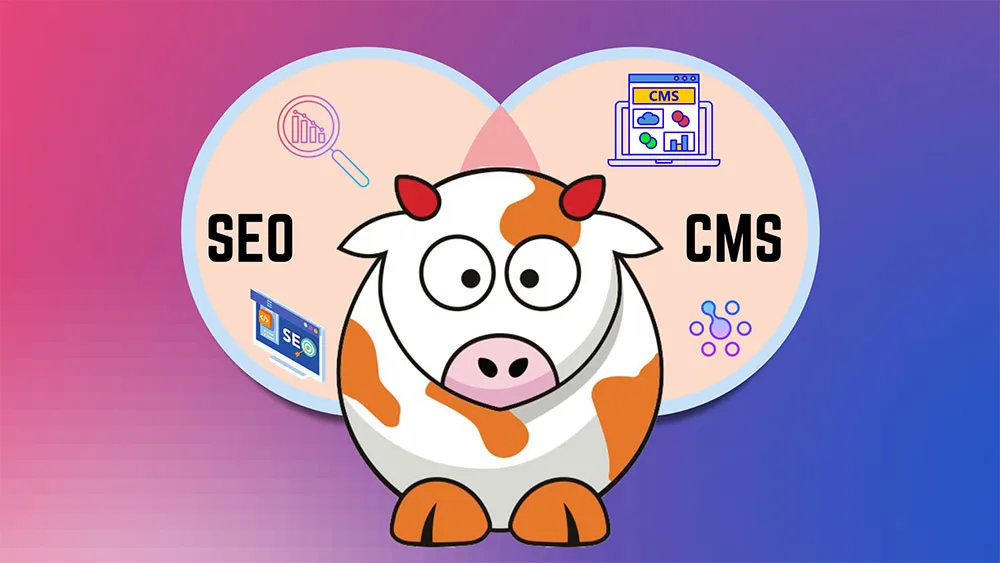How to do SEO - A Comprehensive Guide
![]() Written by Bruce Klaic
| Wednesday, July 5, 2023
Written by Bruce Klaic
| Wednesday, July 5, 2023
Tags: Digital Marketing, SEO for Business

The digital landscape has profoundly transformed the way businesses operate. Amid this whirlwind of change, SEO - Search Engine optimisation - has emerged as an indispensable tool in the digital marketer's arsenal. It's your compass, your beacon in the unchartered waters of the internet. But how do you navigate this complex field? Let's unravel the secrets of how to do SEO!
How to Do SEO: The Basics
Understanding What SEO Is
Before we dive headfirst into the nitty-gritty of SEO, it's essential to understand what it is. SEO is a combination of strategies, techniques, and best practices that boost your website's visibility on search engines, particularly Google. It increases the quality and quantity of organic traffic, thereby driving higher engagement and potential conversions.
Why SEO Matters
You might be wondering, "Why bother with SEO?" It's because it's not just about search engines but improving the user experience and usability of a website. It puts your website on the radar, giving you an edge over your competition.
Components of SEO
At its core, SEO comprises three elements:
On-Page SEO: Which pertains to content elements, technical SEO (like HTML), and website architecture.
Off-Page SEO: This involves backlinks and other external signals.
Technical SEO: This focuses on the backend of your website, like page speed, security, mobile-friendliness, etc.
Now, let's delve deeper into how you can master these SEO components.
Mastering On-Page SEO
Quality Content Creation
Content is the heart and soul of your SEO strategy. High-quality, unique, and engaging content attracts and retains visitors. Remember, content is king!
Keyword Research
Keyword research is a critical step in how to do SEO. Use tools like Google Keyword Planner or SEMrush to find relevant keywords for your niche. Long-tail keywords often have less competition and better conversion rates.
What Are Long-Tail Keywords?
Long-tail keywords are specific keyword phrases typically made up of three or more words. They are called "long-tail" because if you plot the frequency of keywords, these specific queries are on the "long tail" end of the graph, meaning they are less commonly searched for.
However, their advantage lies in their specificity. People who search using long-tail keywords are usually further along in their buying decision process, which means they're more likely to convert. For instance, instead of a general keyword like "shoes", a long-tail keyword example could be "women's black running shoes size 7".
Informational, Transactional, and Navigational Keywords
Informational Keywords: These are used when users are looking for information on a particular topic. They are typically used in the awareness stage of the buyer's journey. An example of an informational keyword could be "how to clean running shoes".
Transactional Keywords: These are used when users are ready to make a purchase or perform an action. They are typically used in the decision stage of the buyer's journey. Examples of transactional keywords could include "buy women's running shoes" or "best deals on running shoes".
Navigational Keywords: These are used when users are trying to get to a particular website or webpage. Essentially, the user already knows where they want to go and are using the search engine to get there. An example could be "Nike women's running shoes" if they specifically want to browse running shoes on Nike's website.
Meta Tags

Meta tags are snippets of text that describe a page's content, but they don't appear on the page itself; instead, they exist in the page's HTML. Meta tags are essential as they influence how your website is seen and categorized by search engines.
Meta Titles: These are the titles of your webpages that search engines display. They are the most noticeable elements of your listing on search engine results pages (SERPs). Ensure that they are clear, engaging, and incorporate your primary keyword. An example of a meta title could be "Women's Running Shoes | Brand Name".
Meta Descriptions: These offer a brief summary of your webpage content and appear beneath the meta title in SERPs. While they don't directly influence rankings, they can affect click-through rates. Your meta descriptions should be compelling, offer value, and also contain your main keyword. An example of a meta description might be "Discover our wide range of women's running shoes, perfect for performance and comfort. Free shipping on all orders."
Beyond meta tags, there are other crucial HTML elements that impact your SEO.
Header Tags (H Tags)
Header tags (H1, H2, H3, etc.) help search engines understand the structure of your content and identify key points. The H1 tag is typically reserved for the page's title, while H2 to H6 tags are used for subheadings, with H2 being the most important. Ensure that your headers are descriptive and utilize relevant keywords.
Alt Text
Alt text, or "alternative text," is used within an HTML code to describe the appearance and function of an image on a page. Alt text is crucial for several reasons. Firstly, it improves accessibility, allowing visually impaired users to understand the content of images through screen reading technology. Secondly, it aids SEO, as search engines use alt text to identify the content of images. So, for an image of a woman wearing running shoes, the alt text could be "woman tying her running shoes."
Image Filenames
Much like alt text, image filenames can help search engines understand what an image is about. Instead of leaving your image file as something like "IMG123.jpg," change it to a descriptive filename with your keyword if relevant. For example, "womens-running-shoes.jpg".
By correctly implementing these SEO practices, you can create a webpage that's both user-friendly and optimised for search engines.
Navigating Off-Page SEO
Building Backlinks
Backlinks from reputable websites can significantly boost your SEO. They are like votes of confidence from other websites, enhancing your website's credibility.
Social Media Signals
Social signals like shares, likes, and comments can contribute to your website's SEO. They increase visibility and can drive organic traffic.
Guest Posting
Writing posts on other reputable websites in your niche can help you gain quality backlinks and boost your off-page SEO.
Decoding Technical SEO
Website Speed
Swift-loading websites are Google's best friends! The speed of your website significantly influences your ranking, so guarantee that your website swiftly loads on all devices, including desktop and mobile.

Google’s Lighthouse Tool stands as a freely accessible, automated tool specifically created to enhance the quality of web pages. You can operate it on any webpage, whether it's publicly accessible or requires authentication. It conducts audits for various aspects, including performance, accessibility, progressive web apps, SEO, and many more.
Mobile Optimisation
With more than half of web traffic coming from mobile, it's vital to ensure your website is mobile-friendly. Having a mobile responsive design that will display your content and adjust functionality automatically dependent on the user's device is one way to ensure you are considering this.

Secure Sockets Layer (SSL)
SSL is a security technology that establishes encrypted links between a web server and a browser. Websites with SSL are prioritised by Google.
Demystifying Local SEO
What is Local SEO?
Local SEO helps businesses promote their products or services to local customers. It's crucial for brick-and-mortar businesses.
Importance of Google Business Profile
Google Business Profile is a free tool that lets you manage how your business appears on Google Search and Maps. It can dramatically improve your local SEO.
Customer Reviews
Customer reviews can enhance your online reputation and boost local SEO. Encourage satisfied customers to leave reviews on platforms like Google and Yelp.
SEO Analytics
Understanding SEO Metrics
Tracking the right metrics can help measure your SEO success. Key metrics include organic traffic, bounce rate, page load time, and conversion rates.
Google Analytics
Google Analytics is a free tool that provides insights into how users find and use your website. It's a treasure trove of data for your SEO efforts.
Google Search Console
Google Search Console allows you to monitor and troubleshoot your website's presence in Google Search results. It helps identify issues and optimise your website's performance.
Frequently Asked Questions about SEO
What is SEO?
SEO stands for Search Engine optimisation. It's a set of strategies and techniques designed to boost a website's visibility in search engine results, increasing the quality and quantity of organic (non-paid) traffic.
How does SEO work?
Search engines use algorithms to provide the most relevant results for a user's query. SEO works by optimising a website's elements like content, keywords, and backlinks, making it more appealing to these algorithms.
Why is SEO important?
SEO is crucial because it makes your website more visible, which means more traffic and opportunities to convert prospects into customers.
How long does SEO take?
SEO is a long-term strategy. It typically takes 3-6 months to start seeing results, but the real growth often happens after that.
Can I do SEO myself?
Yes, with the right knowledge and tools, you can perform basic SEO on your own. This guide on how to do SEO is an excellent starting point!
Is SEO worth the investment?
Absolutely! Although it requires time and effort, SEO can bring sustainable growth in visibility, ranking, and organic traffic.
Perfecting the craft of SEO is no walk in the park, yet when equipped with the correct techniques, the benefits are undeniable. This enduring investment can deliver remarkable outcomes. In today's digital era, understanding how to do SEO is an indispensable skill for business owners, digital marketers, and content creators alike.
While you can certainly roll up your sleeves, immerse yourself in the data, and conduct ongoing tests, the evolving nature of the digital world demands your SEO strategies to constantly adapt as well.
If you want to save precious time, avoid costly mistakes, and ensure that your SEO is done right from the get-go, reach out to One Orange Cow SEO Agency. Our team of seasoned professionals will not only implement optimal strategies but will also monitor performance, provide invaluable guidance, and adjust your SEO as needed.
Remember, SEO is not a one-time task, but a journey. Why not allow One Orange Cow to accompany you on this journey, guiding you towards achieving your business goals? Contact us today to kickstart your SEO success!



